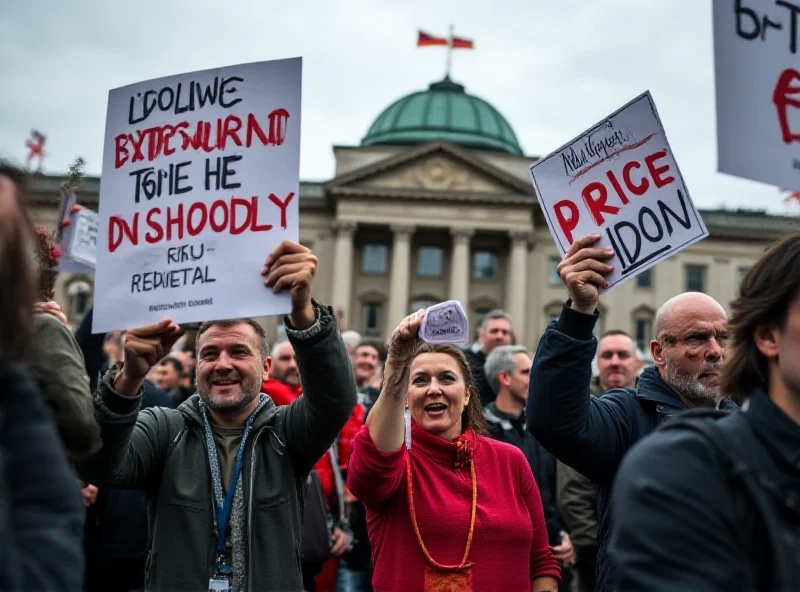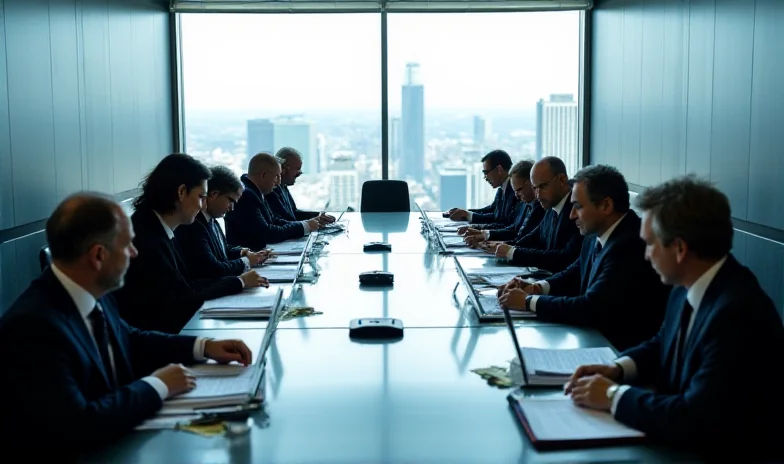Germany's political landscape is shifting as parties navigate the aftermath of the 2025 Bundestag election. The Union and the SPD have commenced exploratory talks, signaling the initial steps towards forming a potential coalition government. These discussions are crucial in determining the direction of German politics for the coming years.

Coalition Talks Underway
The exploratory talks between the Union and the SPD are reportedly proceeding in a "constructive atmosphere." Each party has appointed nine negotiators to represent their interests in these crucial discussions. Lars Klingbeil, a prominent figure in the SPD, is actively participating in the talks, indicating the importance the party places on these negotiations.
The primary objective of these initial talks is to establish a schedule for more formal coalition negotiations. This structured approach aims to streamline the process and ensure that key issues are addressed efficiently. The potential outcome of these talks could significantly impact Germany's domestic and foreign policies.
Kretschmer's Demand and the Political Spectrum
Adding another layer of complexity to the political landscape, Kretschmer has called for a clearer separation between the Greens and The Left. This demand reflects the ongoing ideological debates within German politics and highlights the challenges in forming a cohesive coalition government.

The interactions between these parties will be closely monitored as they seek to find common ground on various policy issues. Any potential coalition will need to address these ideological differences to ensure stability and effective governance.
Electoral Reform Sparks Controversy
Meanwhile, a new electoral law is causing considerable controversy. The reform has resulted in several directly elected candidates being denied seats in the Bundestag, sparking outrage among those affected. The situation has raised questions about the democratic legitimacy of the electoral process.

The impact of this law is particularly felt in constituencies like Darmstadt and Tübingen, which are now described as "full orphans" due to the absence of their elected representatives in the Bundestag. The controversy surrounding the electoral reform adds another layer of complexity to the already intricate political landscape in Germany.
The coming weeks will be crucial as the Union and SPD continue their exploratory talks and the debate over electoral reform intensifies. The developments will shape the future of German politics and the direction of the country.
